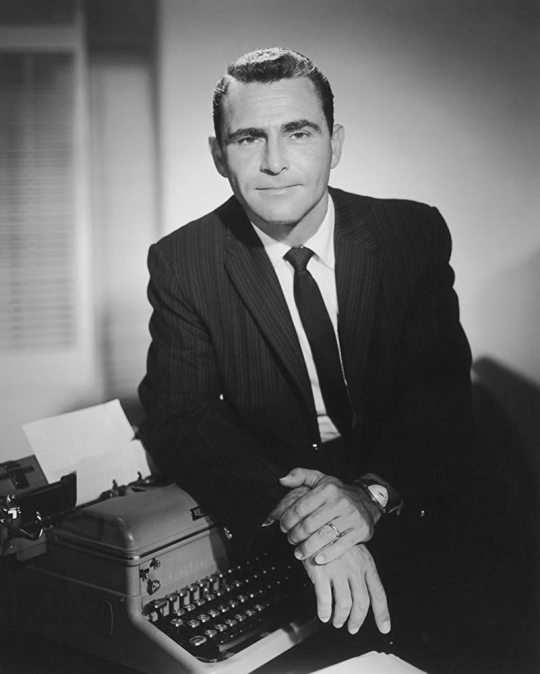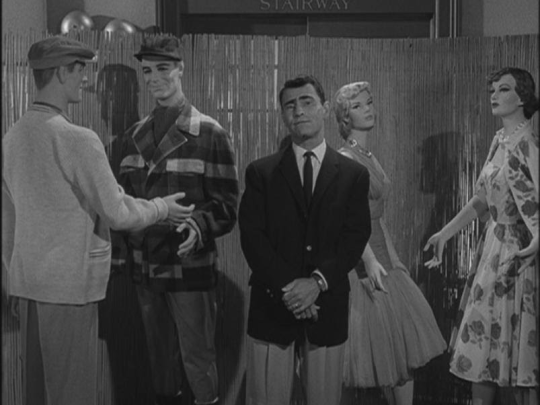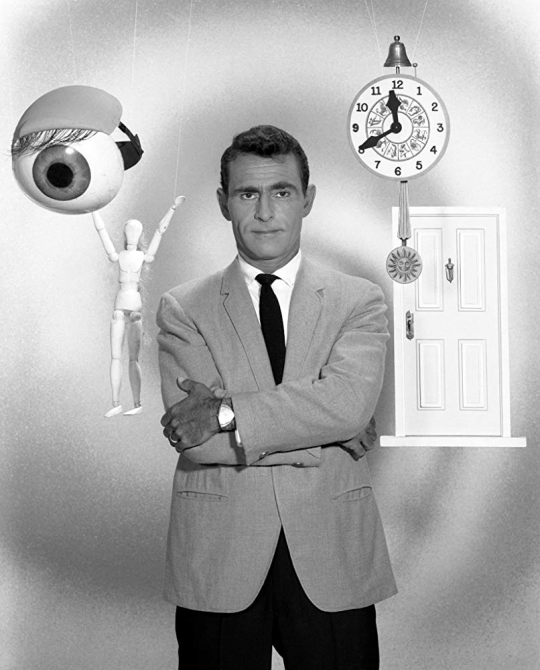On October 2nd, 1959, the first episode of The Twilight Zone was aired, making television history and changing anthology forever. While this might seem like the beginning of The Twilight Zone’s story, as a matter of fact, it was merely the first victory.
You see, The Twilight Zone was not Rod Serling’s first attempt to get his ideas on screen.
In his youth, Rod Serling had two passions most visible in his stories: Pulp fiction novels, and criticism of society. While the two seem like they might not mix, during his screenwriting career in the mid 1950s, he made several attempts to combine the two, only for the network censors to reject his screenplays, or worse, take them, declaw them by removing the political commentary, and submit them anyway. After years of this, Serling was getting frustrated.
However, in the late 1950s, Serling got his breakthrough.

In 1958, CBS bought one of Serling’s scripts, entitled ‘The Time Element’ to produce on its anthology: Westinghouse Desilu Playhouse. The script was about a man with a recurring dream: failing to warn about the Pearl Harbor attack, and it was received with overwhelming positivity from both critics and audiences. Encouraged by this, CBS began discussion with Serling about producing an anthology show, and thus, The Twilight Zone was born.
Over its five year run of 156 episodes, Rod Serling wrote or adapted nearly two-thirds of stories used on the show, (along with writers Richard Matheson and Charles Beaumont) using the ‘science fiction/fantasy’ angle as a screen for his political and social commentary. Thanks to the genre disguise, the censors didn’t worry about it nearly as much, and Serling’s scripts were produced largely as he originally intended. After his previous experiences, he was wary to relinquish control of his show, and as a result, the first installation of The Twilight Zone franchise bears his distinctive fingerprints.

At first, The Twilight Zone was a hard show to sell. Nobody thought it would amount to anything of importance, (science fiction was still considered a largely juvenile genre at the time) and Serling ended up being not only the brains behind the show, but the face of it as well. While initially uncomfortable with appearing in front of the camera, Serling’s opening and closings of each show became staples of the show, much imitated, but rarely done as well as the original.
For the most part, however, the show was written and filmed according to Serling’s wishes. There were a few exceptions, such as the six episodes shot on videotape instead of film due to budget constraints, or the lengthening of episodes from 25 minutes to 50 minutes in season four. (The format reverted back to 25 minutes in season 5.)
Rod Serling had worked hard as the executive producer, writer, narrator and creator of The Twilight Zone, but by the end of season five, he was worn out, exhausted of ideas. After writers being shuffled around, script shelvings, and a drop of ratings, at the end of a troubled season five, The Twilight Zone was cancelled, and taken off of the air, not seen again until its revival in the 1980s. Serling sold his share of the show, and left the supernatural anthology scene until Night Gallery in 1969. So ends the story of The Twilight Zone.

The Twilight Zone is the story of one man’s desire to bring his ideas and thoughts to the screen in ways that television wasn’t really ready for at the time, and in doing so, forever changed television. It wasn’t the intention to do so, but that’s the end result, and television (and speculative fiction) is all the better for it.
Join me for one last article as next time we take one last look at The Twilight Zone in our Final Thoughts. If you have any thoughts, questions, suggestions, recommendations, or just want to say hi, don’t forget to leave an ask! Thank you all so much for reading, and I hope to see you in the next article.